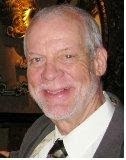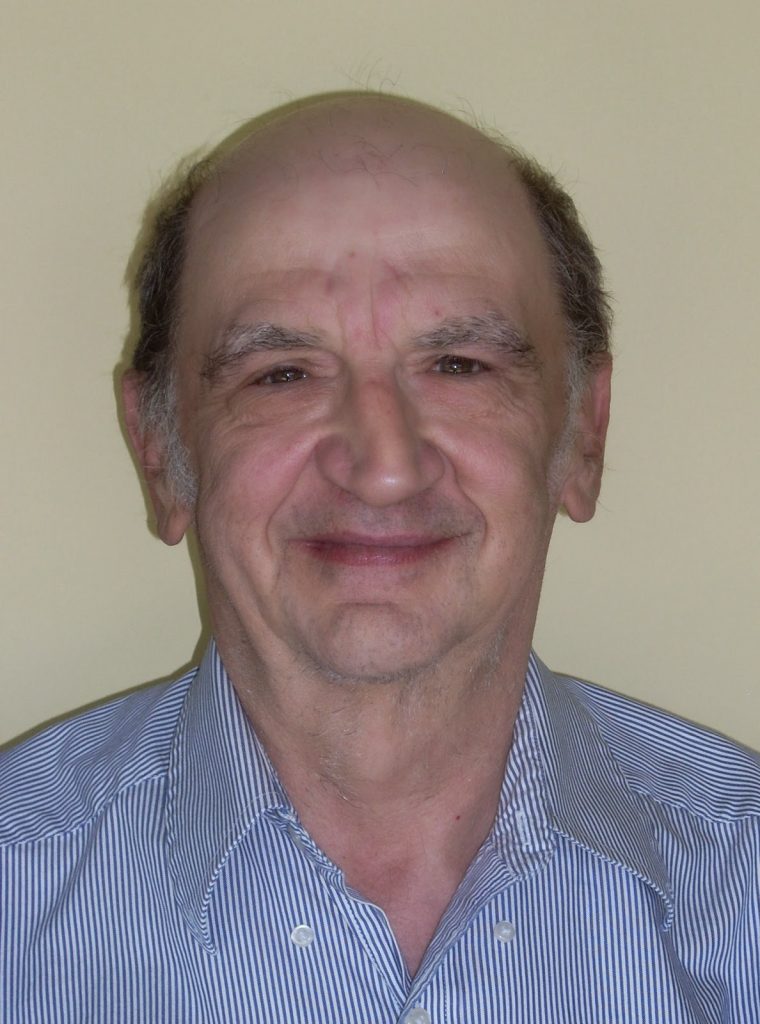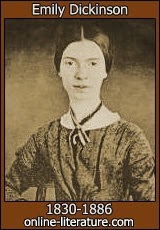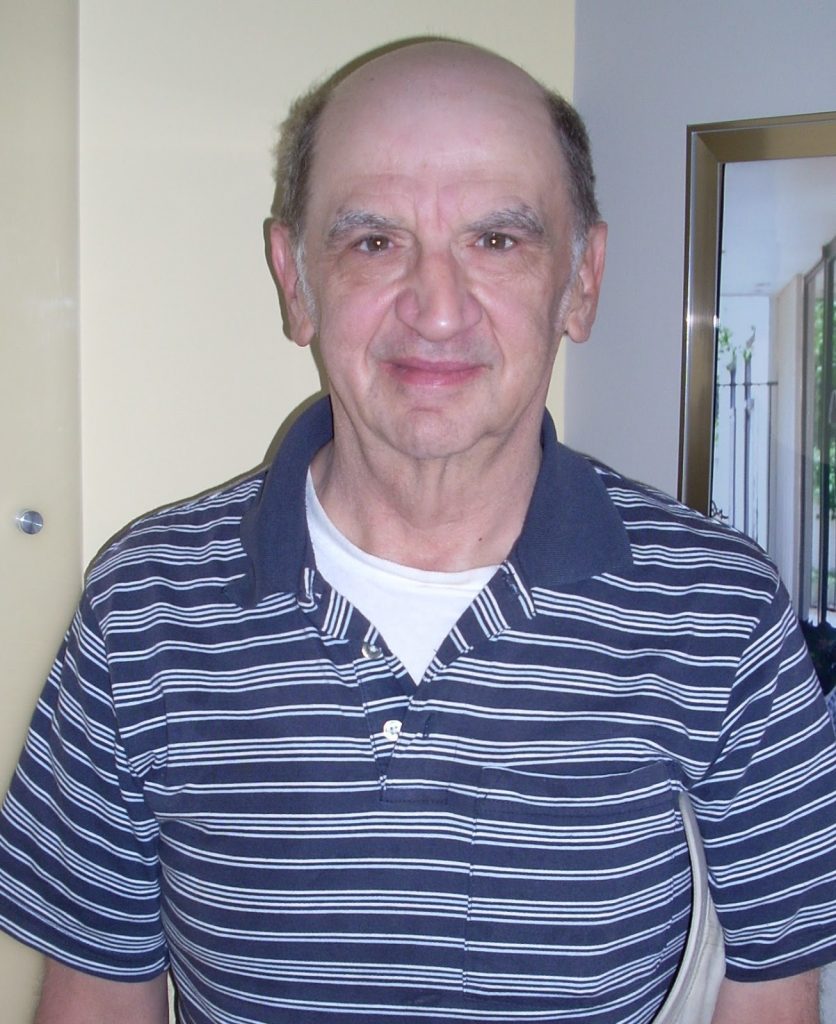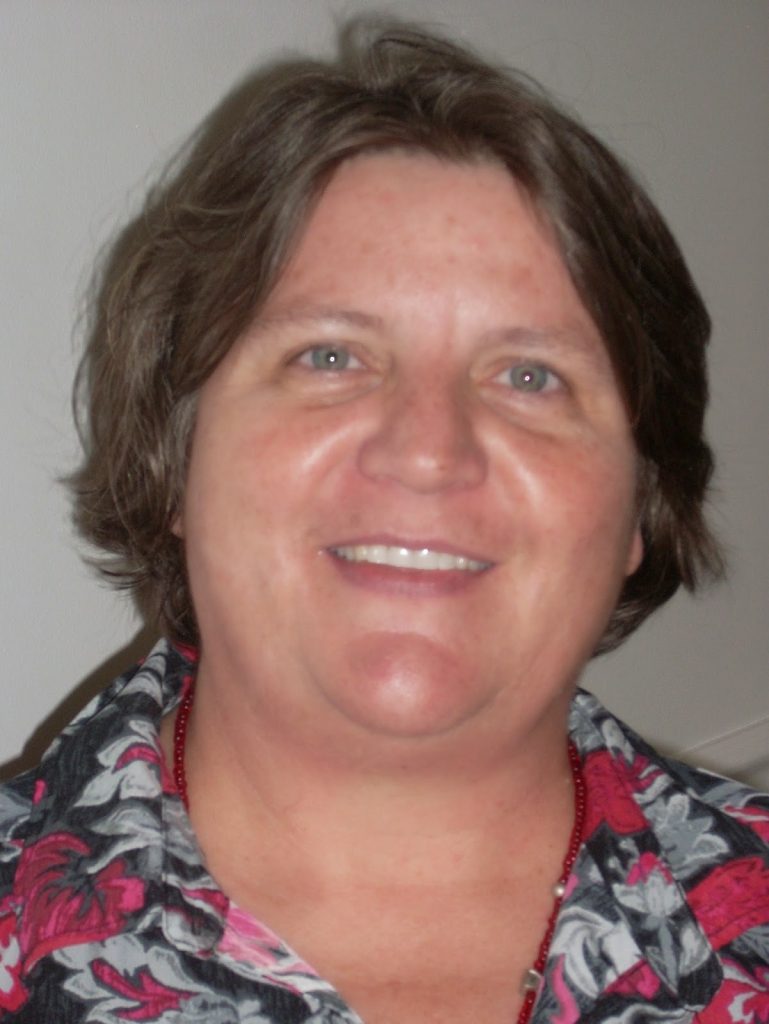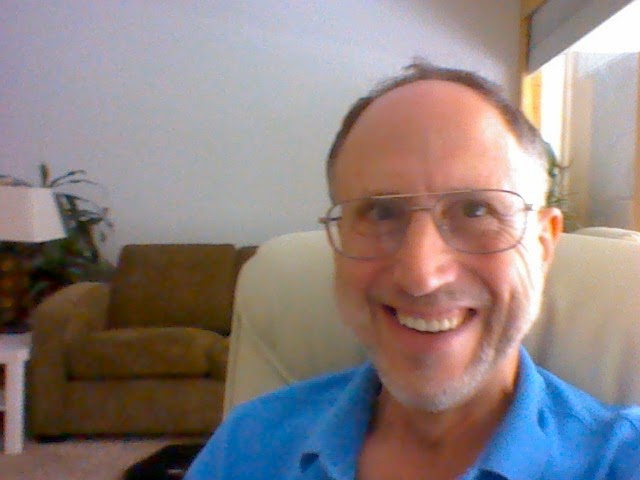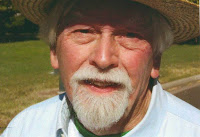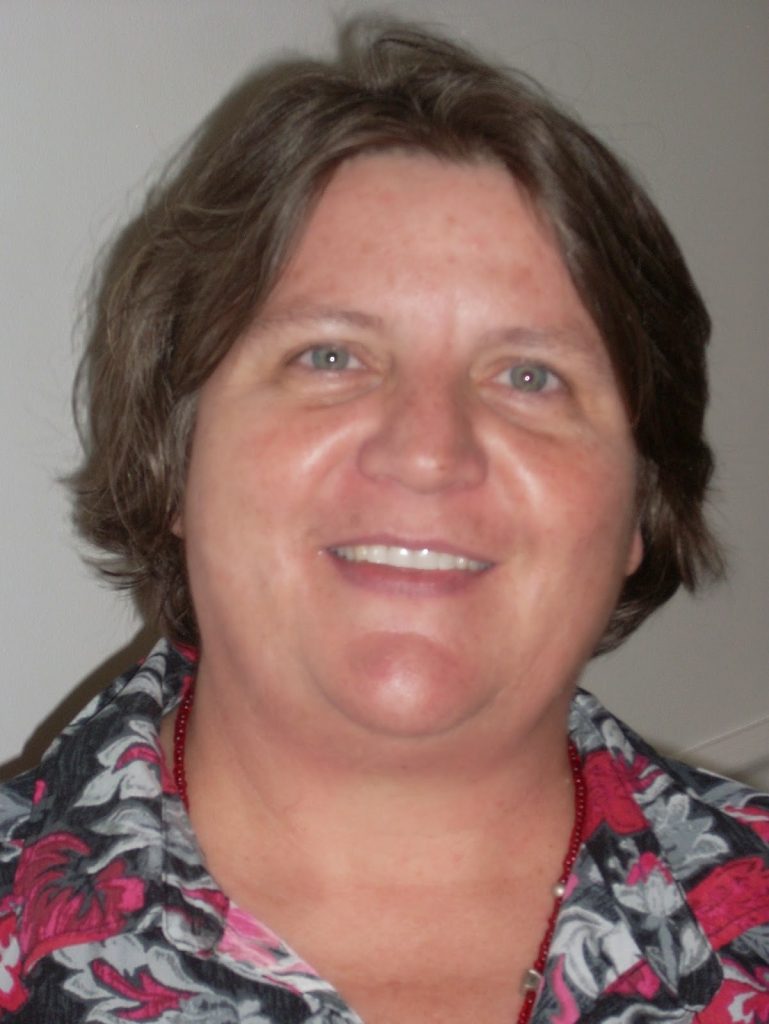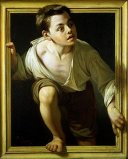I was first introduced to John Burnside in the 1978 classic queer film The Word is Out. John was Harry Hay’s loving companion from 1962 until Harry’s death in 2002 with John to follow him in death in 2008. The documentary is still available in DVD format today and for those not familiar with the movie it is a series of talking head interviews with twenty-six gay men and lesbians that are very brave, raw and captivating in their honest presentation. What struck me the most about the movie was the segment featuring Hay and Burnside. They were interviewed at their place of residence at the time a compound nestled in the San Juan Pueblo in Northern New Mexico. The image of the two of them walking hand-in-hand through a meadow along the banks of the Rio Grande has stuck with me since first seeing it on film thirty-six years ago.
At that time I don’t think I knew that Harry was the founding spirit behind the seminal queer Mattachine Society decades before in Los Angeles. One had to be quite the earnest, independent, gay historian in those days to get to this piece of history. The roots of the modern gay movement just weren’t taught in American history classes much in those days. The film’s images of these two older very political gay men obviously in a loving relationship for years was startling to me and I thought I need to meet these two. Thanks to a powerful lesbian woman named Catherine I knew through the Gay Community Center in Denver at the time I was able to connect with them and the rest is history.
My first impressions of John at my house on Madison Street in the fall of 1978 were that he was the most gentle, fey person I had ever met. His dedication, unwavering support and love for his partner Harry were at all times evident. The meaning of ‘fey’ often conjured up these days I think is effeminate but the definition is really “other worldliness”. This quality seems to best be summed up by his own words. A short bit of poetry from John:
“Hand in hand we walk, as wing tip to wing tip
our spirits roam the universe, finding lovers everywhere.
Sex is music.
Time is not real.
All things are imbued with spirit.”
John and Harry were at the time I met them deeply involved in the creation of the phenomenon that would become the “Radical Fairies” along with a couple other souls named Don Kilhefner and Mitch Walker. Planning for the first Radical Fairie gathering in the Arizona desert was already roughly taking shape and would happen the following September in 1979.
John and Harry were an amazing couple. Amazing in how different they seemed yet how wonderfully they melded almost into one. Harry while almost always spouting very right-on analysis of almost any situation could be at times intimidating, combative even and most certainly prickly though a real teddy bear under it all. John on the other hand was always flashing the warmest and most welcoming of smiles that often belied the acute insights he could bring to almost any dialogue on a wide range of subjects. And boy could he talk, often well into the night long after I was able to hear and absorb much and I am sure rudely nodding off in his presence.
For me personally John was often great at taking Harry’s more erudite and dense pronouncements on the state of gay men and their liberation and translating them in very warm and understandable ways. Sort of like taking raw queer theory and serving it up as warm apple cobbler with a scoop of vanilla ice cream on it, mmm good, yes I want more of that, please.
John’s power was on display for me personally on several occasions when Harry would get himself into meltdown mode and John would quietly and skillfully step in and make things all right again. I mean you could not have the father of modern gay liberation be non-functional for too long, he was needed. John knew this and was always available to provide the salve to whatever wound had just been ripped open.
One small example of this comes to mind around the trip the three of us took to Chaco Canyon in the late 1980’s. We were in separate vehicles since they planned to head back to L.A. after we visited Chaco. Their truck broke down along highway 285 just a few miles outside of Denver and this threw Harry into a major non-communicative funk, probably because it was a frequent occurrence for their 20 plus year old Datsun pick-up. John stepped up immediately and had me driving him down to a Napa auto parts store for the fix needed that he had very skillfully diagnosed. This all done by a man without a driver’s license and someone I never in over thirty year had seen behind the wheel, but was always quietly and firmly in control.
I have reams of correspondence much of it hand written from Harry but only a couple of letters from John. One I received just a few short months after meeting them here in Denver and it was John very kindly reaching out to me about a frustrated love affair I was involved in at the time we met. The bottom-line for me was I should have avoided a relationship with a closeted Mormon E.D. doctor with a bad cocaine habit but live and learn. John however approached my torment with loving advice based on his obviously complex and mercurial relationship with Harry and a couple of their New Mexico friends who as he described them were a foursome but without shared sex beyond the two dyads involved.
I won’t quote from the philosophical part of the long hand written letter but rather share a bit of the queer theory he laid on me towards the end of the tome:
“Heterosexual false assumptions are based on taking their beliefs about themselves (mostly false, for them, in truth) as absolutes. We Gays start with a different set of possibilities and the power to deal flexibly with our feelings and hopes. We must not allow ourselves to become frozen when those hopes are frustrated.” John Burnside-March 15, 1979. Sage advice from a great gay Sage.
I seriously doubt the Radical Fairie movement would have come into being without John Burnside’s loving and continual ongoing massage of the message. Not to be too trite here but if Harry brought the ‘radical’ piece to the trip then John certainly brought the ‘fairie’ piece. I’ll end by quoting Bob Dylan: “I like my sugar sweet” and John Burnside was certainly sweetness personified.
© July 2014
About the Author
I was born in La Porte, Indiana in 1949, raised on a farm and schooled by Holy Cross nuns. The bulk of my adult life, some 40 plus years, was spent in Denver, Colorado as a nurse, gardener and gay/AIDS activist. I have currently returned to Denver after an extended sabbatical in San Francisco, California.

